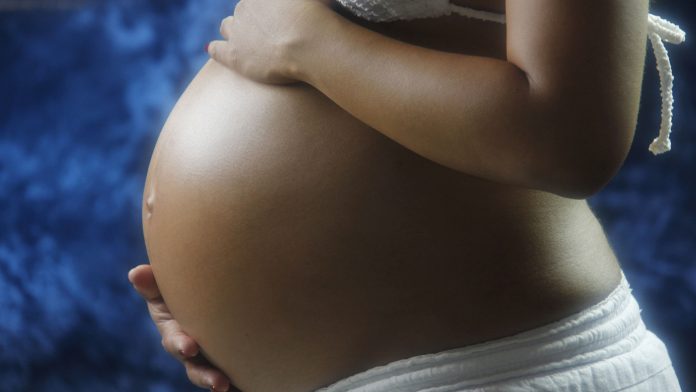
A link between poorer child neurodevelopment and symptoms of maternal depression in the first year postpartum has been found in a new study.
The recent Depression & Anxiety study included over 2,000 mothers and found that higher average symptoms of maternal depression during and after pregnancy predicted lower total developmental milestones, fine and gross motor skills, communication, problem solving, and personal/social skills when they were assessed in children aged 1.9 to 5.7 years.
Dr Marius Lahti-Pulkkinen, co-lead author of the study from the University of Helsinki, Finland, said: “Our findings further suggest that antenatal and post-pregnancy depression have both independent and additive effects on neurodevelopment.
“Children of mothers with the most chronic and severe depressive symptoms during and after pregnancy had the most neurodevelopmental disadvantages.”
When does the child start being affected?
According to the Encyclopaedia on Early Childhood Development, children of depressed mothers are two to three times more likely to develop adjustment problems, which include mood disorders.
This even occurs in infancy, as many children of depressed mothers are fussier, less responsive to facial and vocal expressions, more inactive, and have elevated stress hormones compared to those infants of non-depressed mothers.
Understanding child development
French psychologist Jean Piaget published his theory on cognitive development in children in 1952. Here, he identified four cognitive stages of childhood development, which are:
- Sensorimotor Stage: Birth through about two years – during this stage, children learn about the world through their senses and the manipulation of objects;
- Preoperational Stage: Ages two through seven – during this stage, children develop memory and imagination. They are also able to understand things symbolically, and to understand the ideas of past and future;
- Concrete Operational Stage: Ages seven through 11 – during this stage, children become more aware of external events, as well as feelings other than their own. They become less egocentric and begin to understand that not everyone shares their thoughts, beliefs, or feelings; and
- Formal Operational Stage: Ages 11 and older – during this stage, children are able to use logic to solve problems, view the world around them, and plan for the future.
Symptoms of postpartum depression
Some of the symptoms of postpartum depression include:
- Crying more often than usual;
- Withdrawing from loved ones;
- Extreme worry about your baby or feeling distant from your baby;
- Worrying that you will hurt your baby; and
- Feeling guilty about not being a good parent or doubting your ability to care for your baby.









